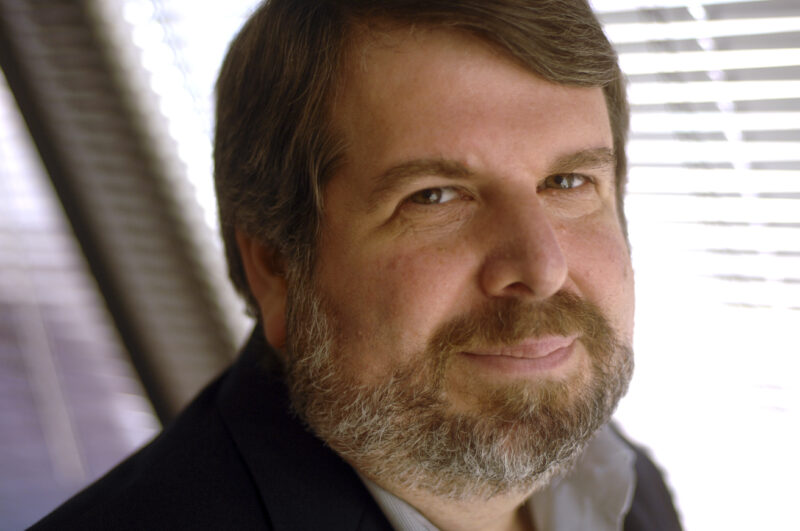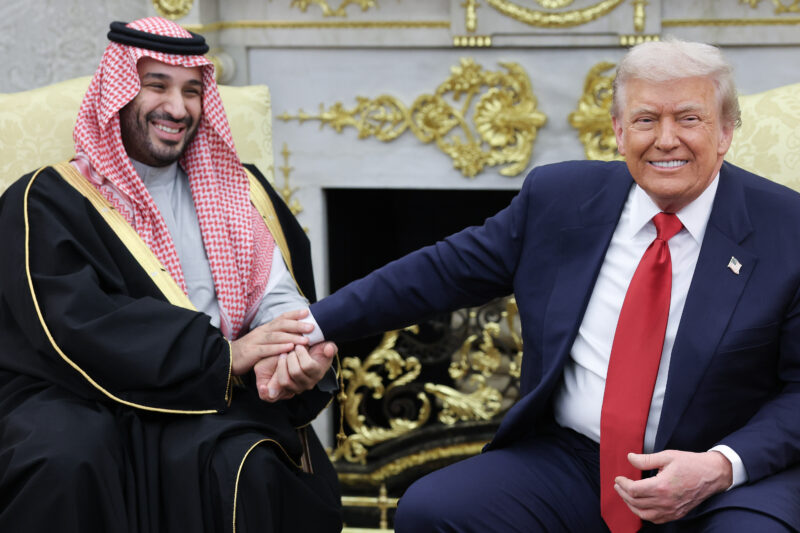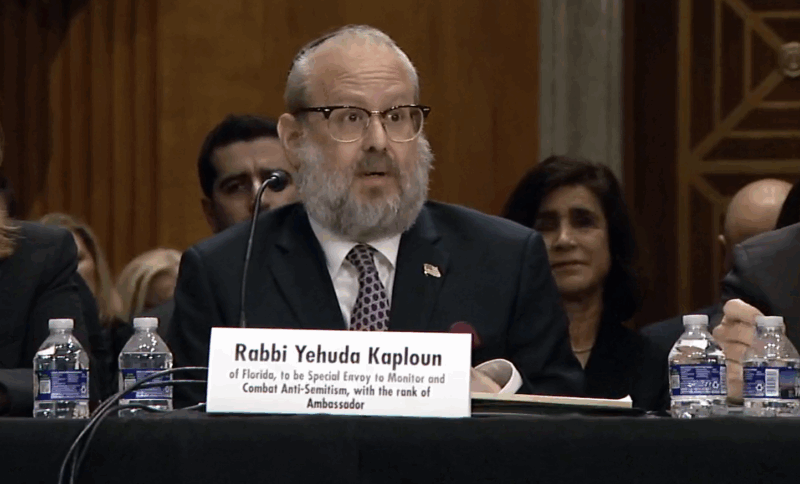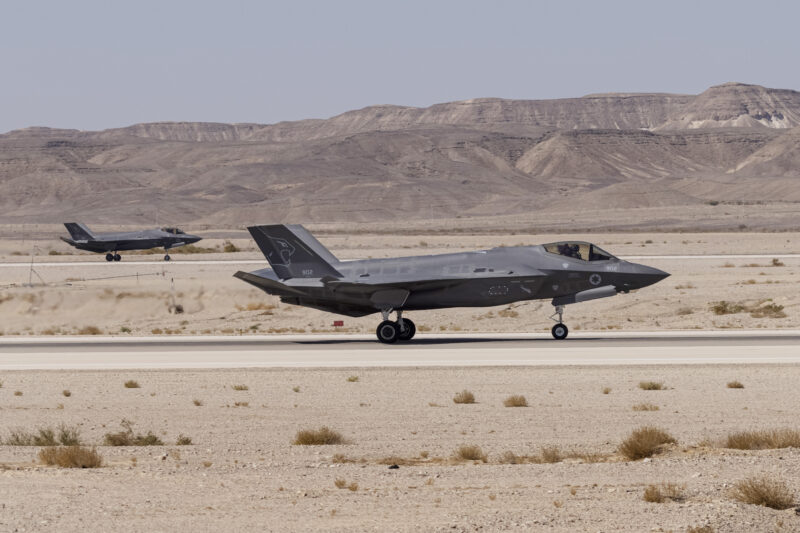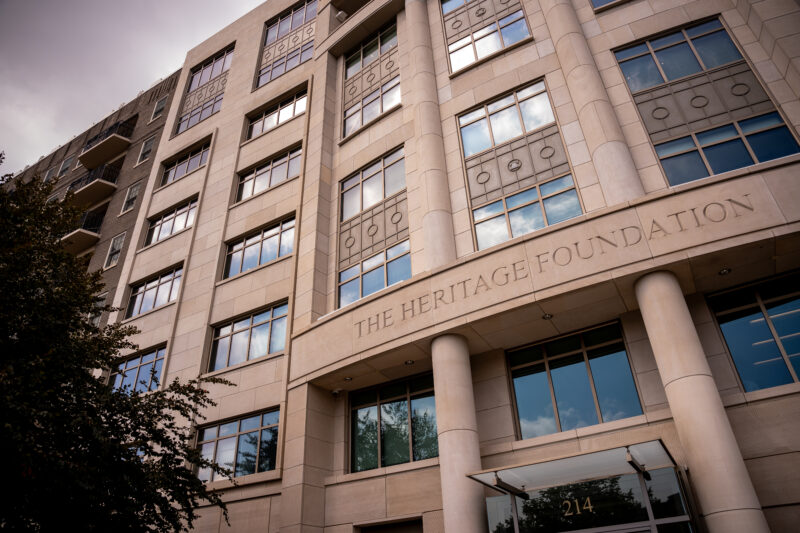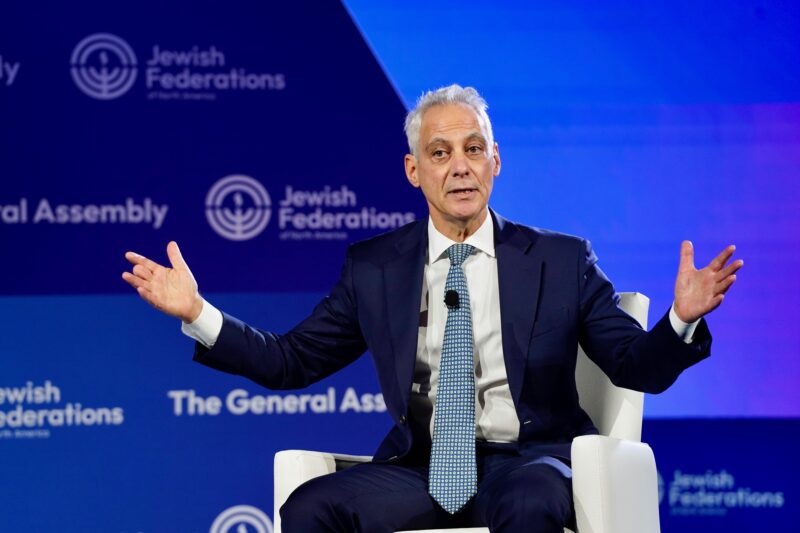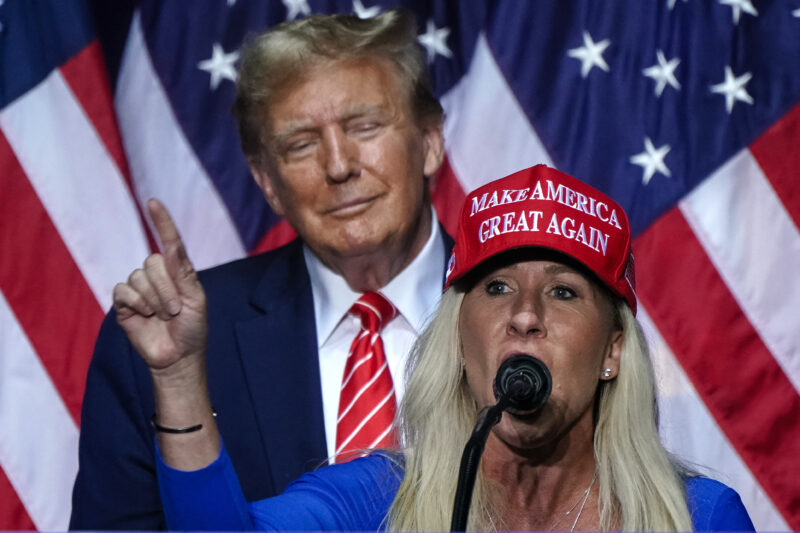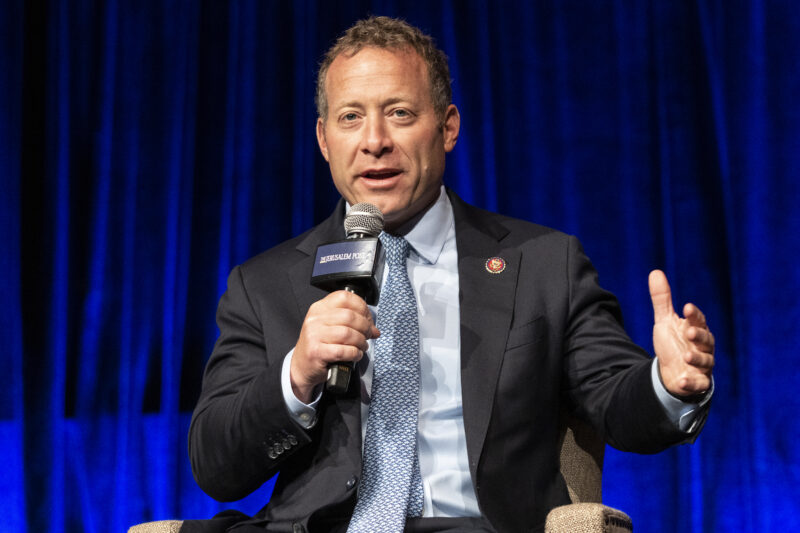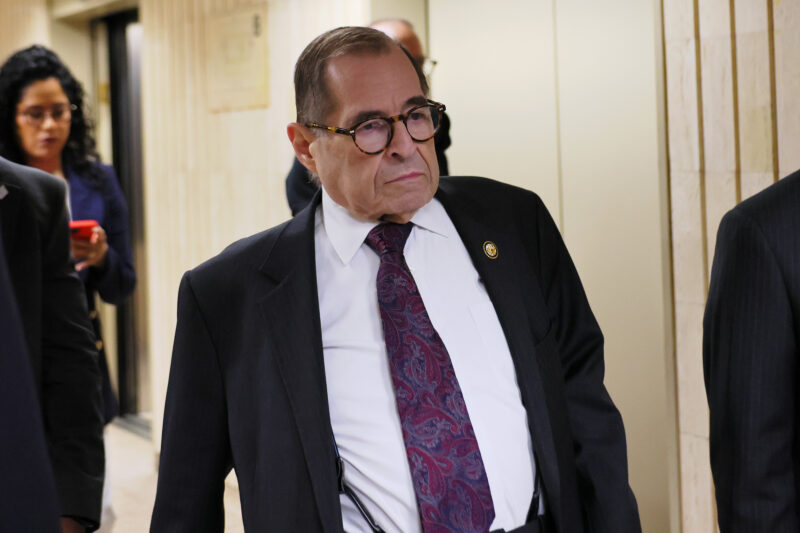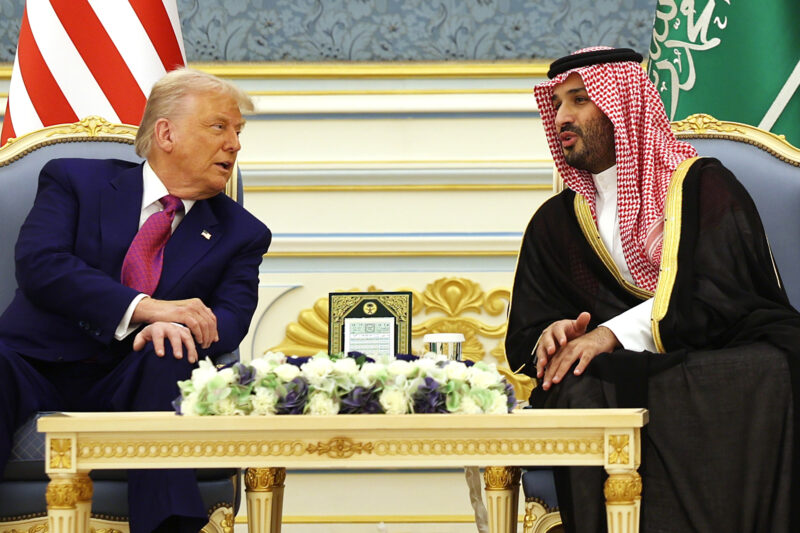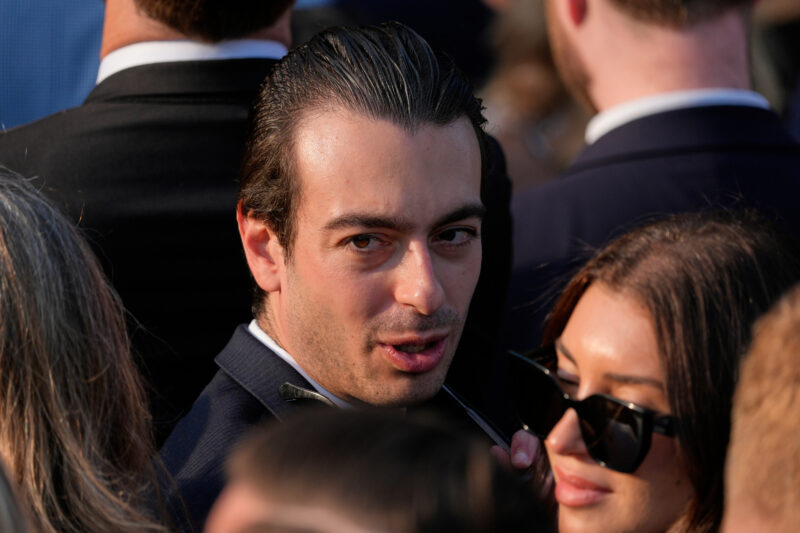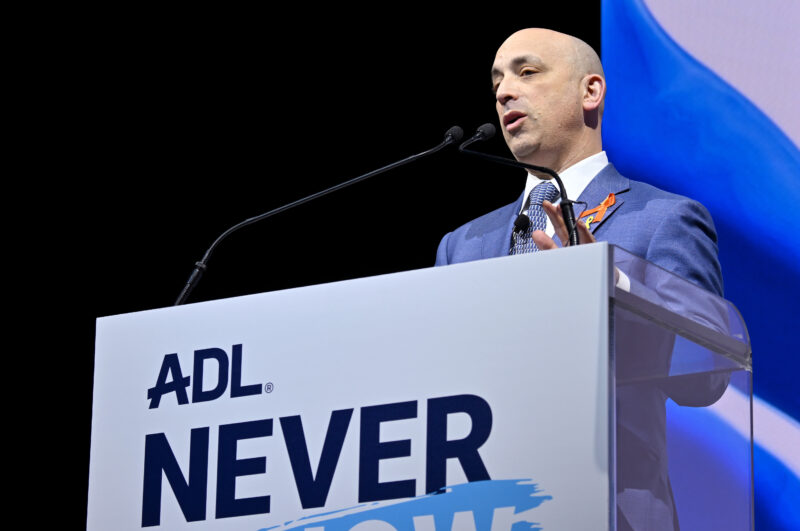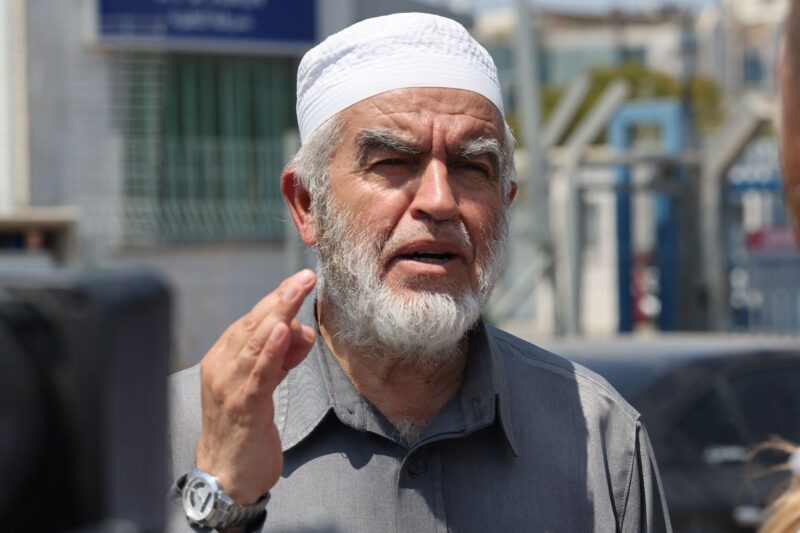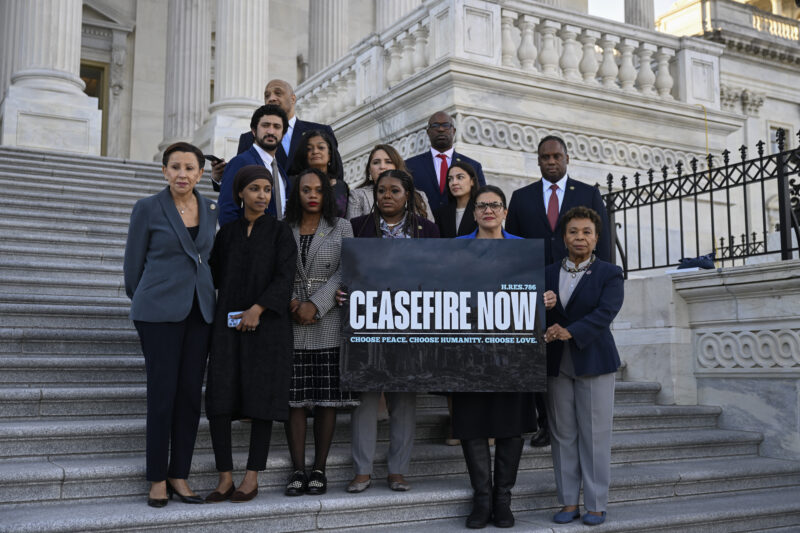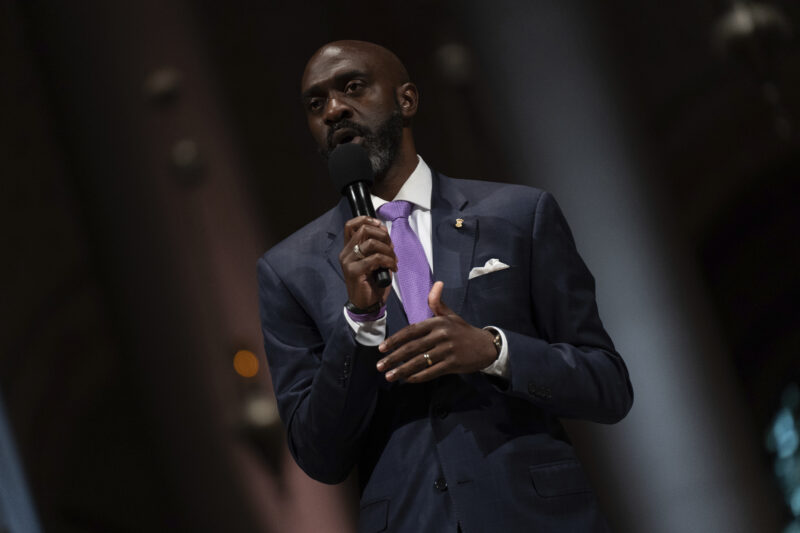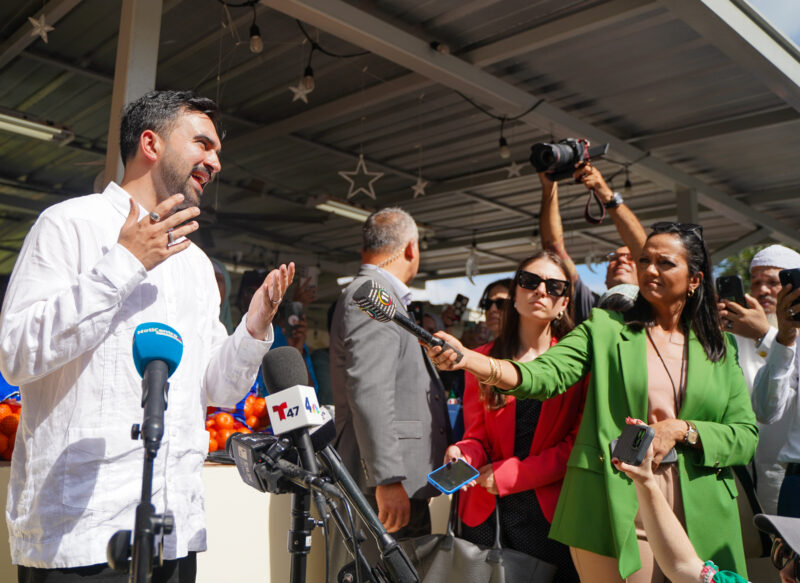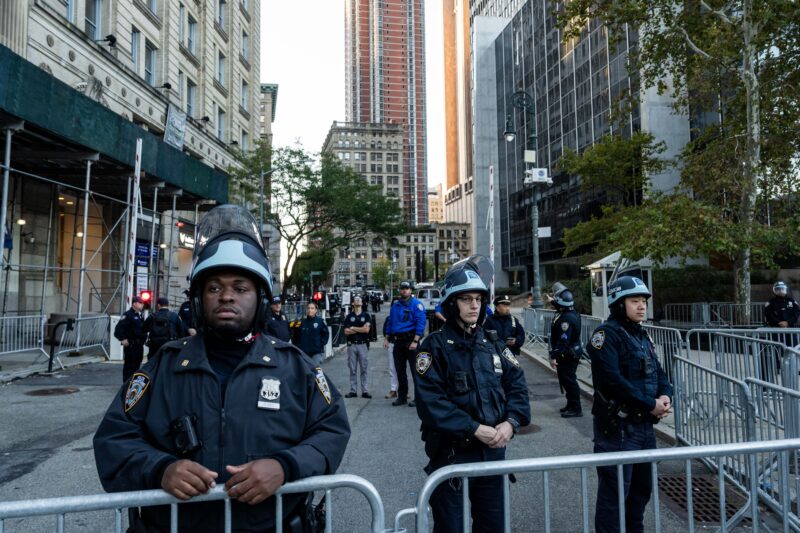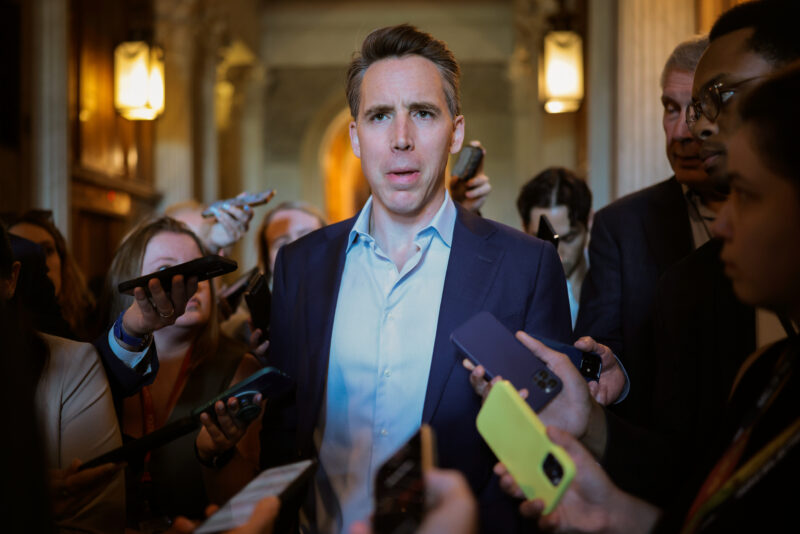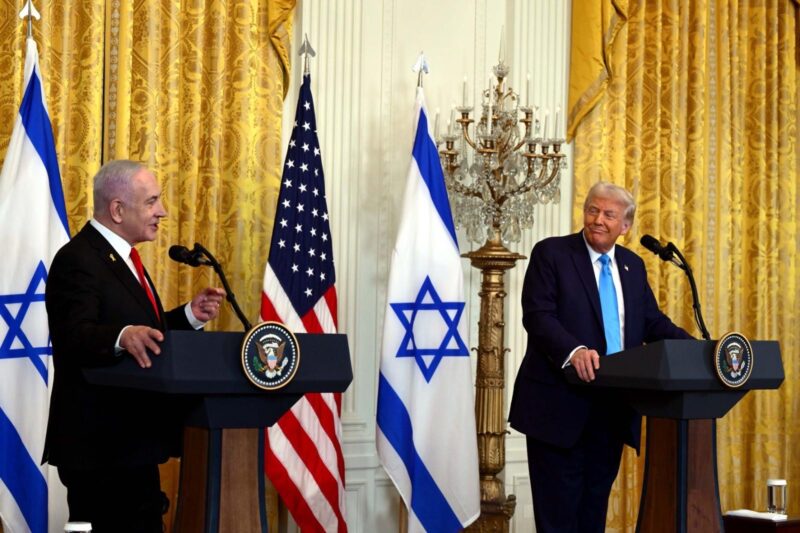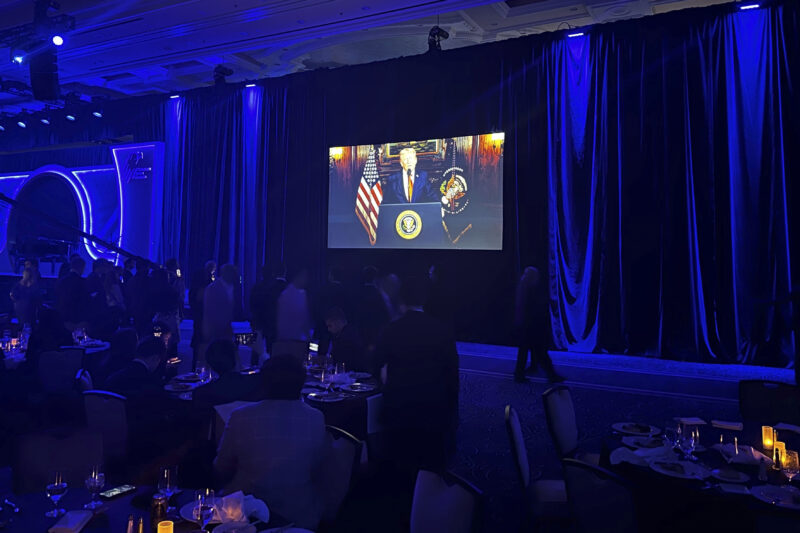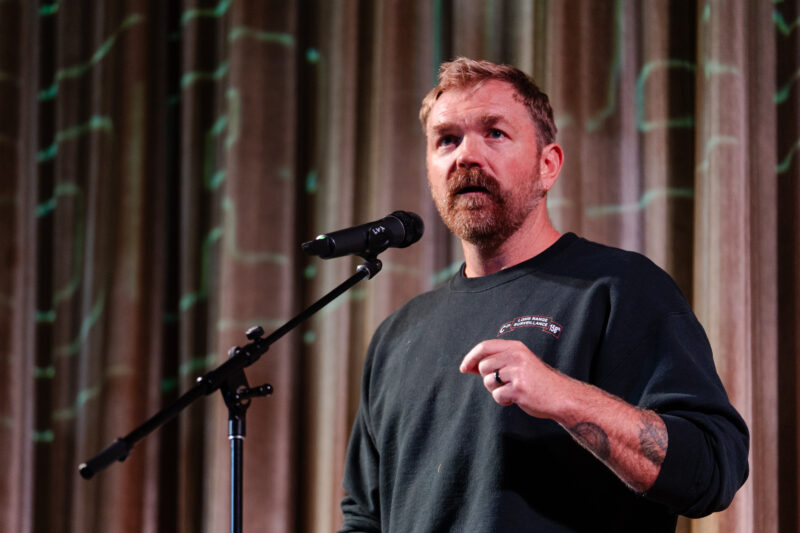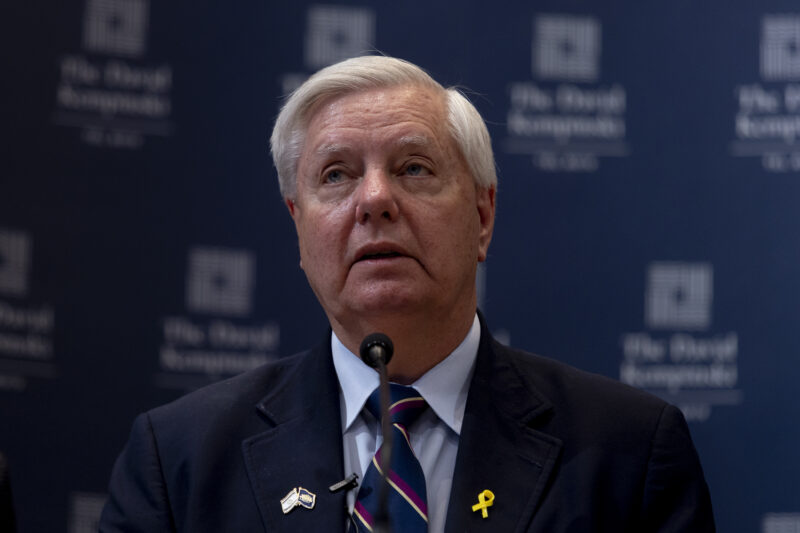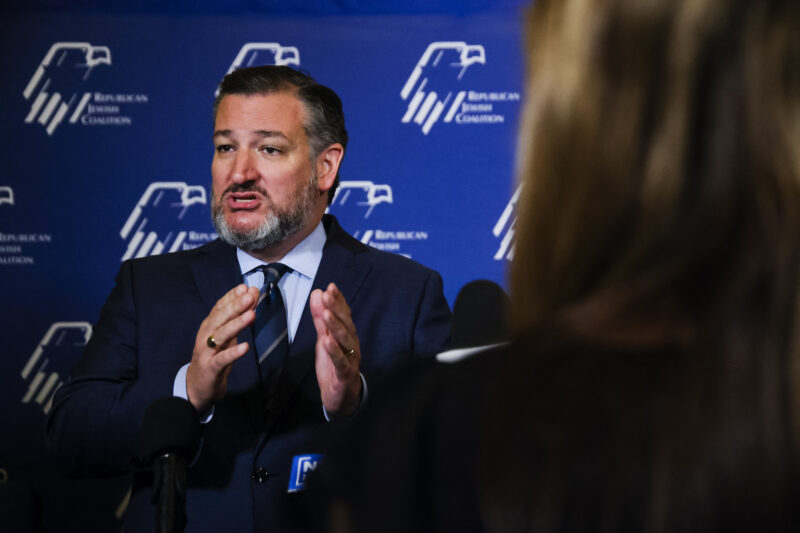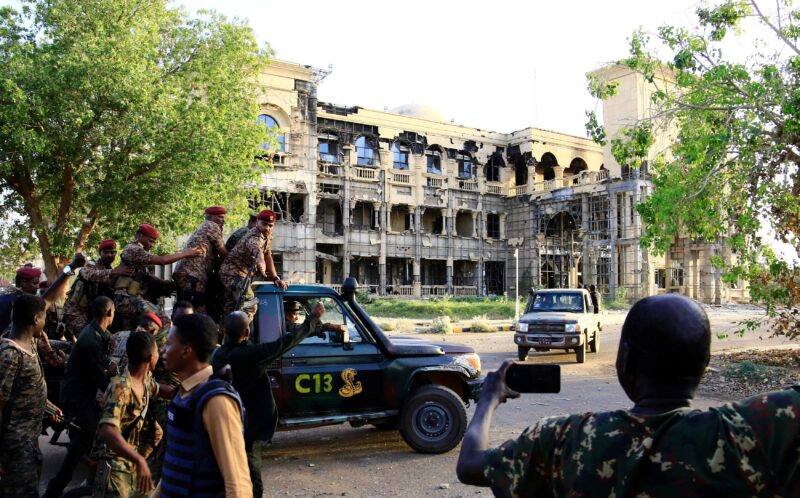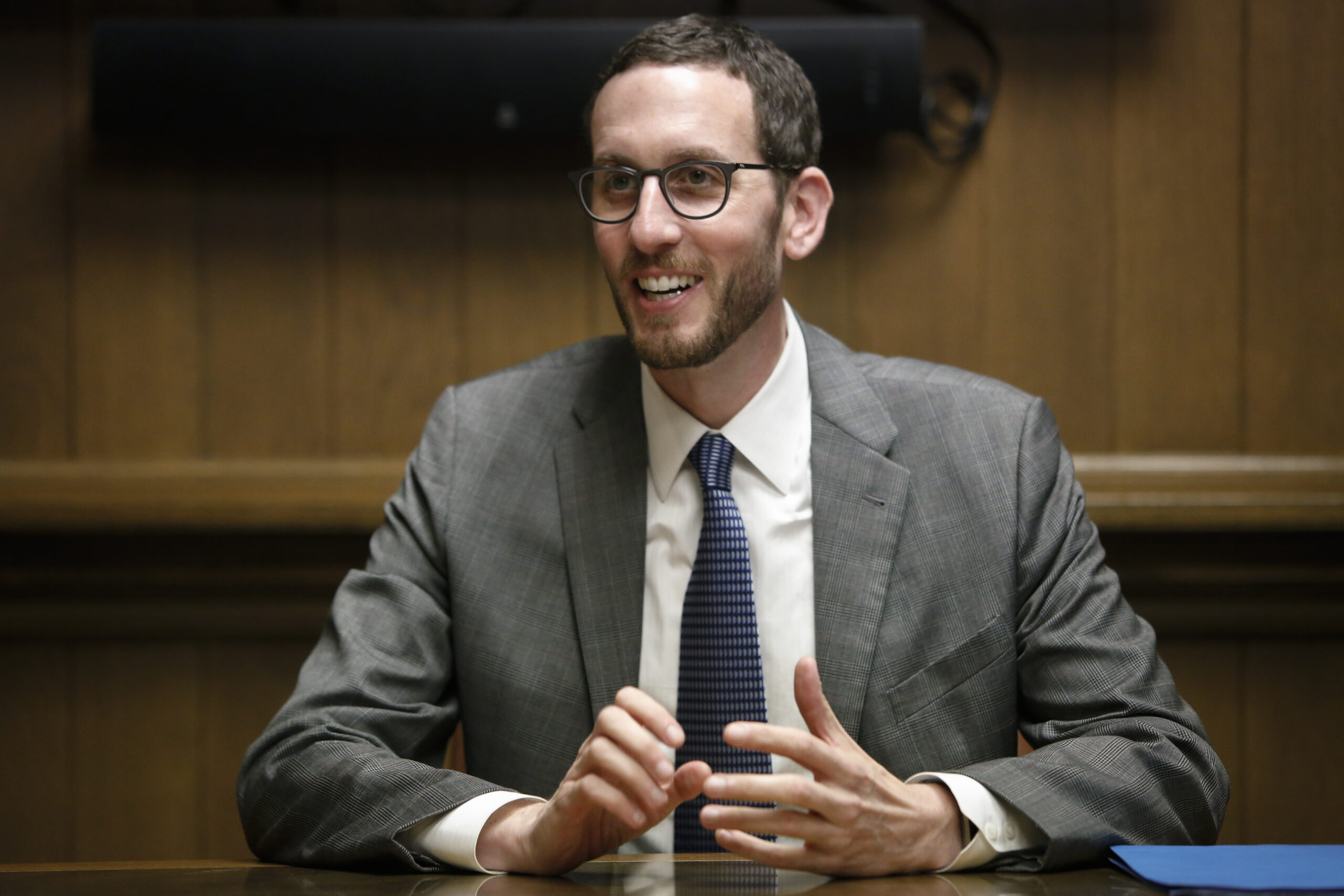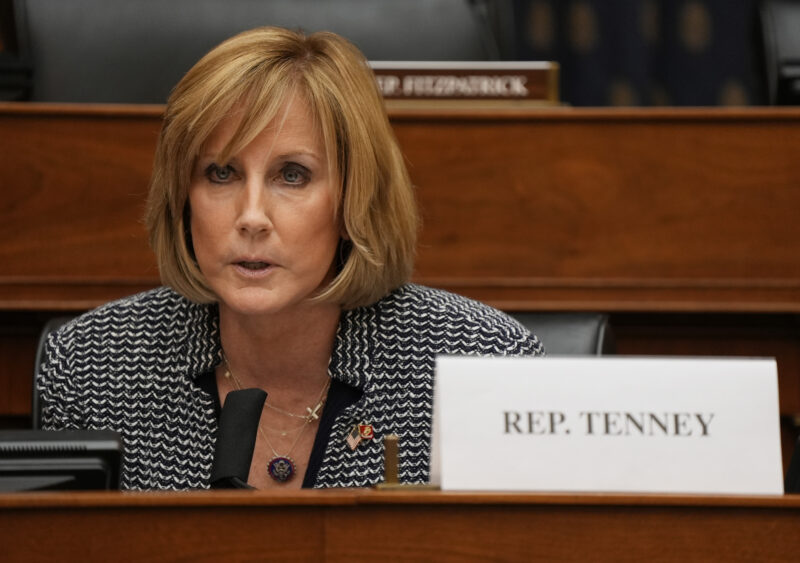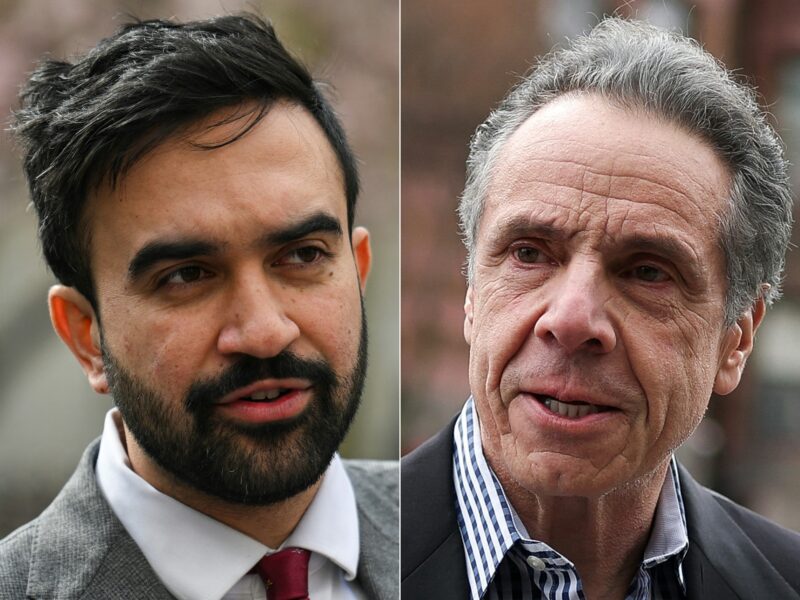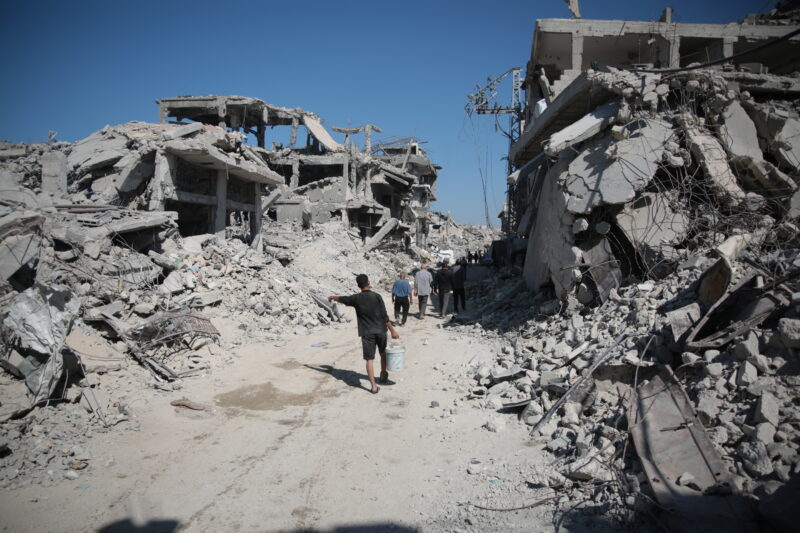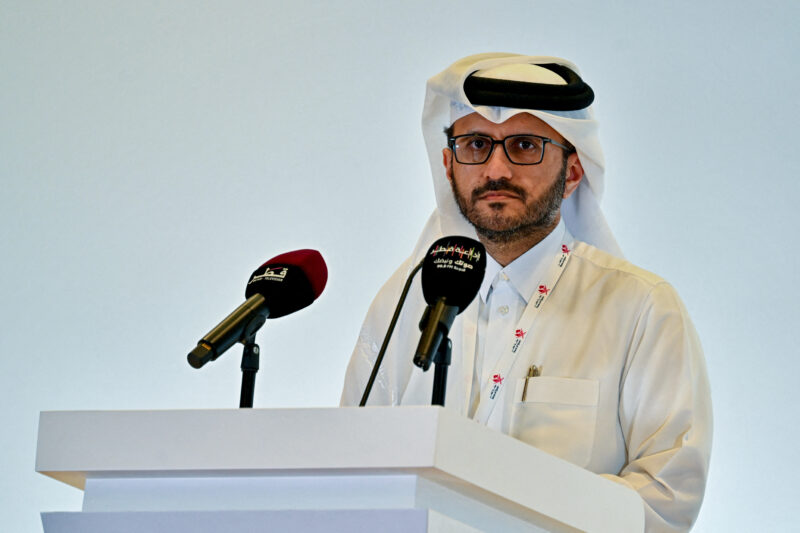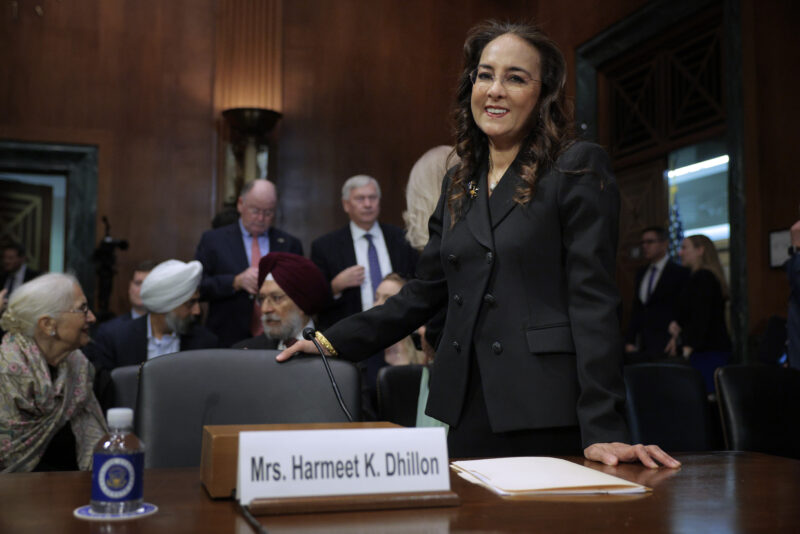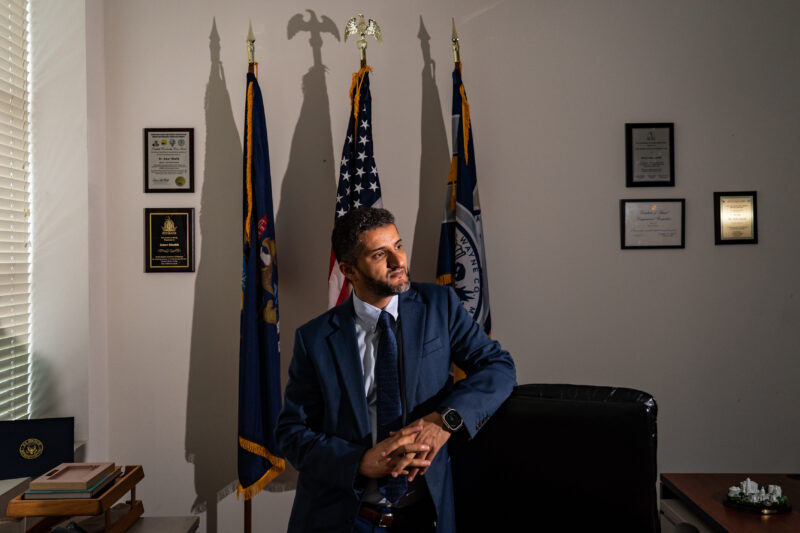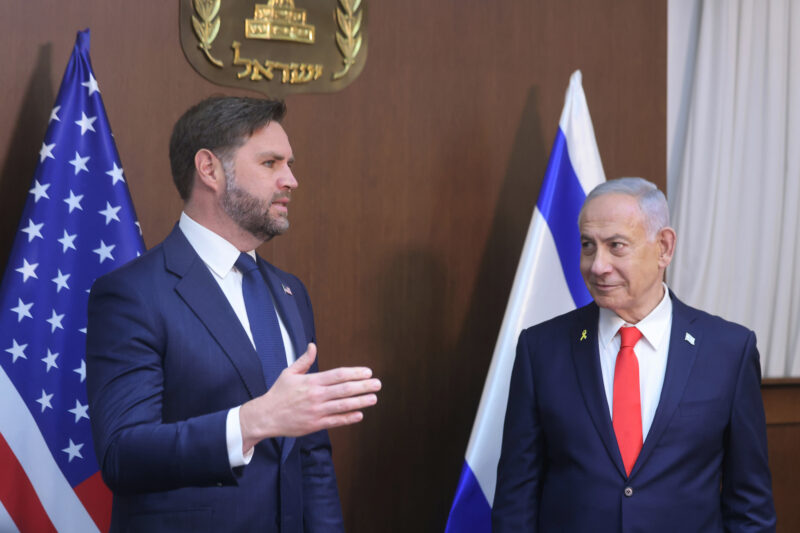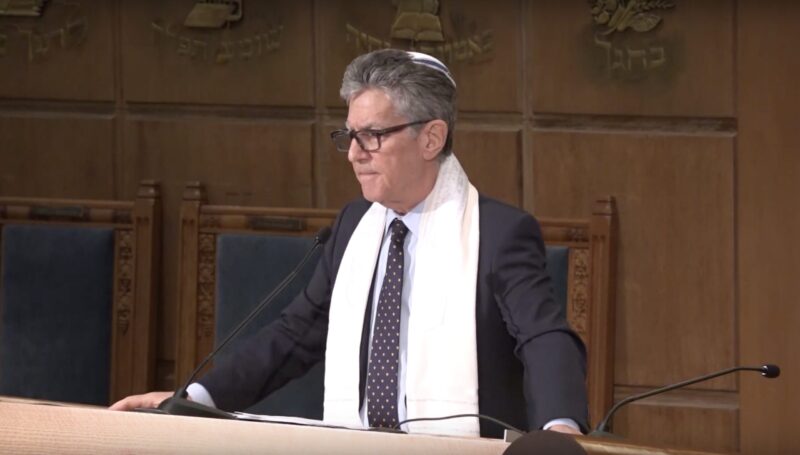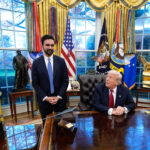Israeli officials concerned Assad’s fall risks destabilizing Jordan
Senior Israeli security officials reportedly visited Jordan to discuss the implications of the rebels' victory in Syria and concerns that extremists may undermine King Abdullah's regime
Getty Images
King of Jordan Abdullah II ibn Al Hussein arrives to address the 78th session of the United Nations General Assembly (UNGA) at U.N. headquarters on September 19, 2023 in New York City.
The ripple effects across the Middle East of Bashar al-Assad’s fall in Syria remain to be seen, but Jordan’s leaders are reportedly eyeing recent events to their north with concern for the stability of King Abdullah II’s regime.
Shin Bet chief Ronen Bar and IDF Intelligence Directorate head Maj.-Gen. Shlomi Binder secretly visited Jordan over the weekend to discuss the implications of the rebels’ victory in Syria and concerns that extremists may undermine King Abdullah’s regime, Israeli public broadcaster KAN reported.
Days prior, Secretary of State Tony Blinken was in Aqaba, Jordan, for discussions aimed at getting Jordan to help with a government transition in Syria to prevent destabilization in the region and the destruction of chemical weapons stockpiles, which Israel has already begun doing. Jordanian Foreign Minister Ayman Safadi said earlier in the week that Syria must be protected “from sliding into chaos” and that Amman was “ready to provide any assistance needed by the brotherly Syrian people.”
King Abdullah has struggled to contain anger toward Israel among the public and at times to maintain control in the Hashemite kingdom, where a majority of Jordanians are of Palestinian descent. Amman has also faced the strain of the influx of more than a million Syrian refugees who have crossed into Jordan since the Syrian civil war broke out in 2011. Amman has also been a target of Iranian subversive efforts, especially in recent years.
Zohar Palti, the Viterbi International Fellow at The Washington Institute for Near East Policy and former head of the Mossad Intelligence Directorate, identified Jordan as one of the fronts in which the U.S. and Israel need to act “if they hope to prevent or roll with other potential aftershocks.”
While Israel took control of the buffer zone on the border with Syria in the last week, Deraa, a city on the Jordan-Syria border, “could be critical to stability in Jordan and the wider region,” Palti wrote, “especially if extremist elements come to the fore in Syria and try to challenge King Abdullah’s rule next door.”
“Jordan’s stability is crucial to both Israel’s security and U.S. interests, so the two allies are prepared to take military action along the Jordan-Syria border if necessary,” according to Palti.
Eyal Pinko, a retired Israeli Navy commander and senior researcher at Bar-Ilan University’s Begin-Sadat Center for Strategic Studies, told Jewish Insider that Iran is the biggest destabilizing factor in Jordan.
“Iran lost its significant hold on Syria and Lebanon,” Pinko said. “Iran has had a strategic ambition since 1979 to be the reigning power of the Middle East … They have to revive their power through proxies. Hezbollah needs time to rebuild, we’ll see what happens with Hamas. Syria is becoming more Turkish, so now Iran is aiming at two countries in a shaky situation: Iraq, where they back 134 different militias, and Jordan, a great way, in Iran’s view, to surround Israel.”
According to Ruth Wasserman Lande, a former Kneesset member and senior fellow at the Misgav Institute for National Security and Zionist Strategy, after Iran’s “huge embarrassment, there is an issue of national pride.” Following the fall of Assad and the severe damage Israel has done to Hamas and Hezbollah, the Islamic Republic is likely “even more keen and eager to make an impact” in Jordan and the West Bank, which it would access in part via Jordan, she added. (Lahav Harkov is also a senior fellow at the Misgav Institute.)
Pinko said that “Iran launched an influence campaign in Jordan to try to rile up the Palestinian public over the past two years. It can be significant, and they will continue doing it to undermine the regime.”
“The Palestinians are less of a problem for Jordan” than Iran, Pinko said, noting that “the Jordanian regime just brings tanks and runs [demonstrators] over,” but he expressed concern that a combination of “Iranian intervention and inspiration from Syria could lead Palestinians to rise up against the rulers in Jordan.”
He pointed out that despite Jordan’s cooperation with Israel under the radar, including in repelling an Iranian missile attack in April, King Abdullah and other top Jordanian officials have accused Israel of genocide, in order to placate its majority-Palestinian population.
Wasserman Lande added that “the U.S. has been maintaining the Jordan Hashemite Kingdom for years” as a stopgap to Iranian influence in the region. “This enclave of stability is important geostrategically. It stopped the territorial integrity of Islamic Republic [influence].”
Pinko and Wasserman Lande expressed concern that the 227-mile border between Israel and Jordan – Israel’s longest land border – is not sufficiently protected, noting ongoing weapons–smuggling efforts and repeated terrorist attacks by people crossing into Israel from Jordan.
Wasserman Lande said that “Iran smuggled weapons to the West Bank as if it was its own [territory] and the Jordanians didn’t have the strength to stop it. There is an inherent weakness there. The Iranians are trying to weaken it even further, and are strengthened by the attempts of the rebels despite the fact that they’re against one another.”
“The leakage of the instability from Syria would galvanize instability in Jordan,” she added. “The leadership in Jordan is not very strong, and if the instability [from Syria] seeps into Jordan, where the Hashemite Kingdom is already being undermined by Iran … it’s very scary, because the border is not protected enough.”
As for whether the many Syrian refugees residing in Jordan are a concern, Wassmeran Lande said that they contribute to overcrowding and burden the economy, and there is some friction and “discontent” among the Palestinian population of Jordan.
“There is always a huge danger to the Jordanian regime,” she said. “They are economically strained and don’t have enough water – that’s why Israel is always providing them with water. Israel has no interest in a big mess of Islamic factions on our border.”






